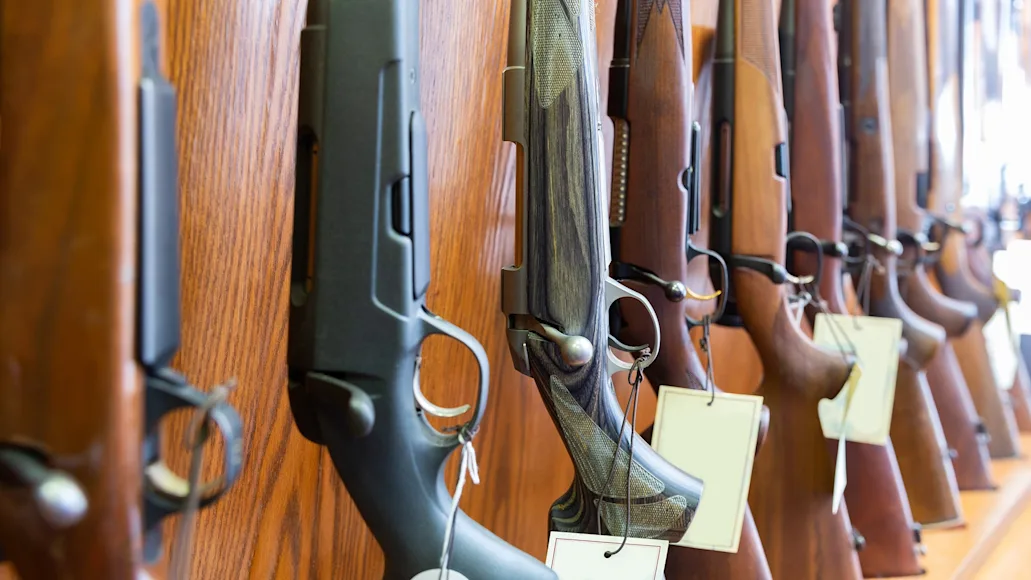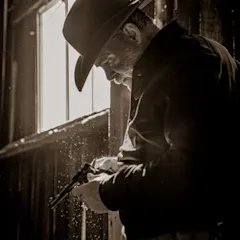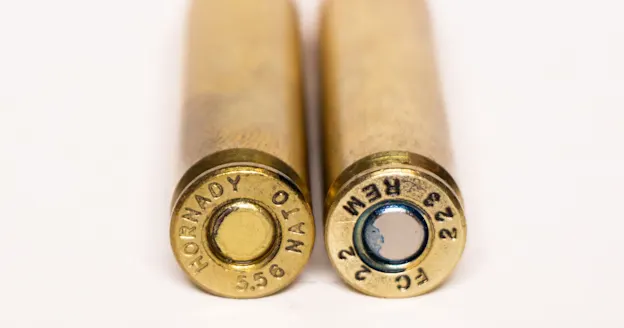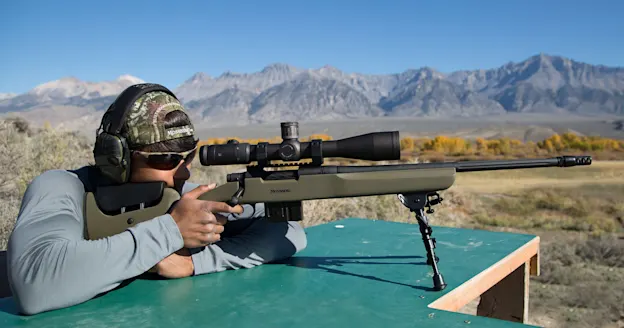_We may earn revenue from the products available on this page and participate in affiliate programs. Learn more ›
_
There are essentially three ways buy a gun. You can purchase one from a dealer, place an online order, or buy directly from an individual. Though the Second Amendment guarantees your right to keep and bear arms, factors such as where you live, your citizenship, legal status, and mental state play a role in your ability to purchase a firearm. Not only must you comply with federal law, but you must also adhere to all state and local regulations
. Let’s look at the process of how to buy a gun and some of the restrictions.
How to Buy a Gun Directly From a Dealer
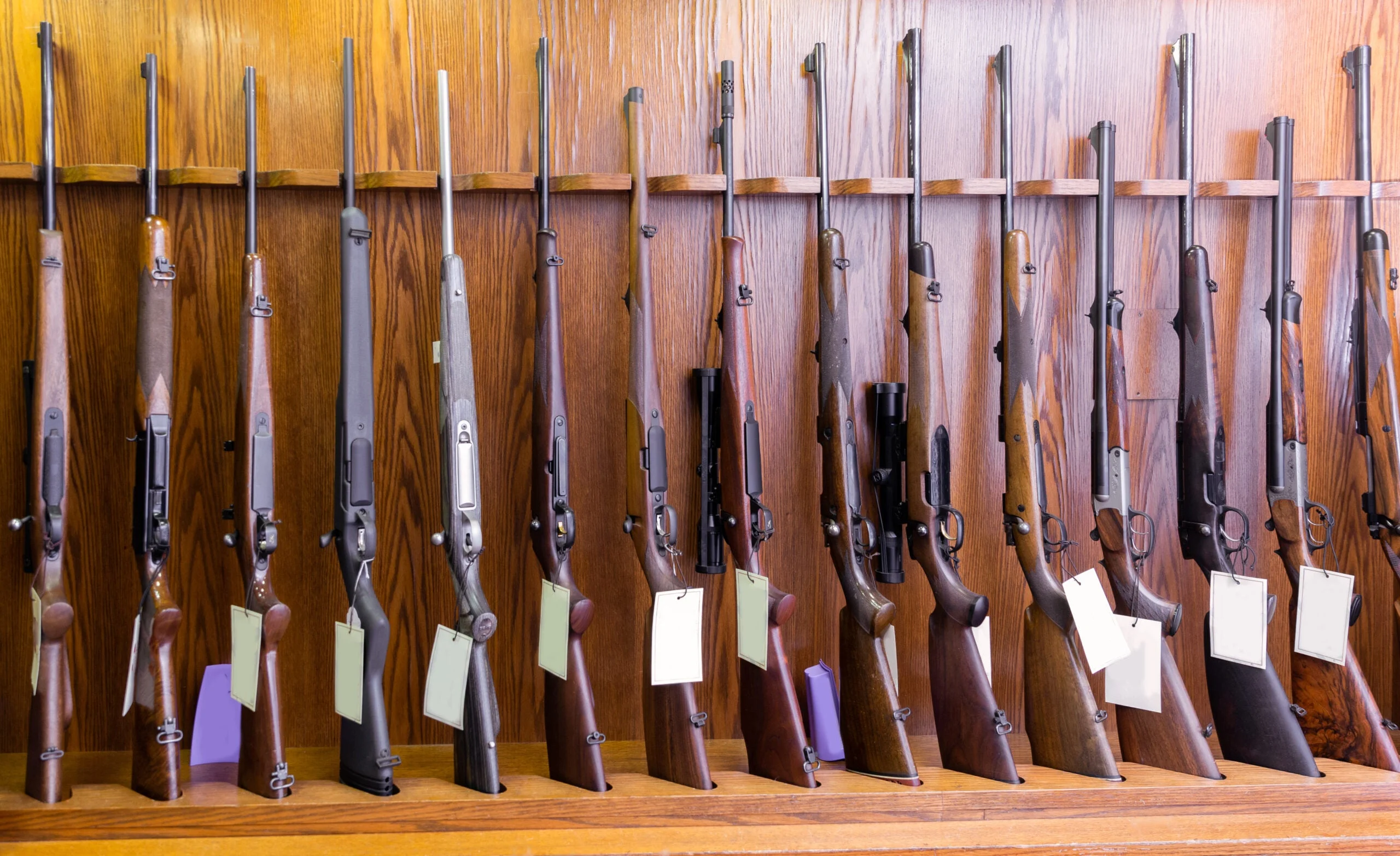
Caption Adobe Stock / JackF
Walking into a gun store and buying a gun is the most common method. Those operating a business for the purpose of selling firearms must have a Federal Firearms License (FFL), and all licensed dealers must follow all federal, state, and local laws as they relate to firearms transfers. At the most basic level, you and the dealer complete ATF Form 4473. You provide identification and the dealer must verify that your answers to the questions on the form are not prohibiting we’ll get to that in a minute). Next, the dealer will conduct a background check on you, but in about half the states a concealed weapons permit exempts you from that.
A background check compares the information you provide on Form 4473 with data in the National Instant Criminal Background Check System (NICS). A response is typically immediate, and the transfer is either approved, delayed, or denied. An approval is good for 30 days. If it’s delayed, some of your data likely matched that of someone who is ineligible, and the FBI has three days to sort it out. If it’s denied, you’re either prohibited or have been falsely identified. If denied, you can challenge the ruling. Additionally, dealers have the authority to deny a firearms transfer to anyone based on their own discretion.
Age and Address Matter
According to Federal law, a licensed dealer cannot sell a long gun—a rifle or shotgun—to anyone under the age of 18, and they cannot sale a handgun
to anyone under the age of 21. However, when the transfer is between unlicensed individuals (no FFL), there is no age restriction on the transfer of a long gun and transfers involving a handgun must be to a person who is at least 18 years old.
Federal law also prohibits the sale of handguns to anyone who is not a resident of the state where the seller is located. There is no federal restriction on the sale of long guns to residents of another state, but some states prohibit it. This might seem confusing because you can buy a gun on the Internet, so how does that work?
How to Buy a Gun on the Internet
Buying a gun over the Internet is really just another way to purchase a firearm
through a dealer. All the Internet does is provide you a shopping experience with more options. Various online listing services for new and used guns allow you to shop nationwide for the gun you want to buy. But when you purchase on the Internet, you’re only conducting a financial transaction, you’re not actually conducting the transfer or taking ownership of the firearm. Once you’ve paid for the gun you must provide licensed dealer information to the seller so the gun can be shipped there. When the gun arrives, you must go to the dealer and complete the transfer paperwork and background check as normal. You’ll also have to pay the dealer for their transfer services.
Individual Transfers
The legality of purchasing a gun from another individual is not prohibited by federal law, and federal regulations do not mandate a background check be performed. However, there can be local restrictions that limit or prohibit such transfers. Regardless, purchasing a gun from an individual is not a way to get around the federal restrictions associated with firearm purchases. If you cannot legally purchase a gun from a dealer, you cannot legally purchase a gun from an individual. Also, though there is no Federal requirement to document the sale of a gun between individuals, it’s a good idea. That way you can later identify the seller should the gun turn out to be stolen or somehow related to a crime.
Prohibited Purchasers
There’s a long list of reasons that you might be prohibited from buying a gun
, and they apply no matter the method of transfer, even if you’re buying from an individual. You cannot buy a gun if you are a felon, a fugitive from justice, or an illegal alien. Additionally, you cannot buy a gun if you have been adjudicated as mentally defective, have a restraining order for stalking or harassment, have a domestic violence conviction, or have been involuntarily committed to a mental institution. You also cannot buy a gun if you’re an unlawful user or addict of controlled substances, have been dishonorably discharged from the U.S. Armed Forces, or if you’ve renounced your United States citizenship. These are all questions you must answer on the Form 4473, and that the dealer must review. And some of these things can be identified during the background check.
Doing the Deal
Beyond the legal requirements, when buying a gun, you want to get the best deal possible. Whether you’re buying from a dealer or individual, there’s always some negotiation. Understand there’s not a lot of markup on gun prices; dealers make most of their money on ammunition and accessories. You can shop around and find the best price, but instead of asking for a discount on the gun, pay the asking price and try to get a discount on some ammo or accessories like a riflescope, a sling, or a gun case. When buying from an individual, haggle all you want, as that’s half the fun.

